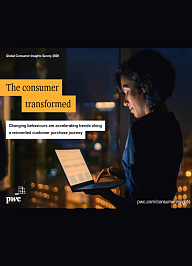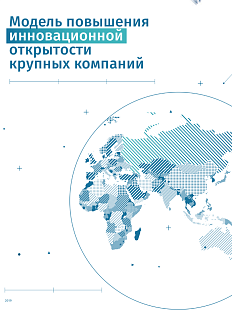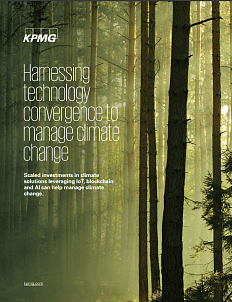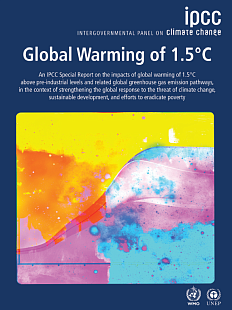PwC’s experts examines responses taken both before and after the COVID-19 outbreak in an attempt to gain an understanding of consumer behaviour in cities, and to assess the implications for businesses.
The consumer transformed. Changing behaviours are accelerating trends along a reinvented customer purchase journey. The technology and science writer William Gibson once wrote, «The future is already here — it’s just not evenly distributed.» Gibson’s point is that the future isn’t the same, or doesn’t arrive at the same pace, for everyone. PwC’s experts believe the implication of Gibson’s words is that with the right tools and talent, companies can meet market disruption head-on and ‘Reinvent the Future’ for their own particular organisation. And for companies that cater to the end consumer, the future is arriving more quickly than anyone imagined just a few short months ago, accelerating digital trends that had already been transforming consumer behavior. The coronavirus pandemic, for example, has accelerated the pace of behavioural changes around the world — how people work, eat, communicate, play and learn. And this extends to consumption patterns, too, in every category, including groceries, entertainment, healthcare. Businesses need to understand how this new world affects all of their touch points with the customer if they are to actively reinvent their own future and not be at the mercy of external events. The World Bank notes that 80% of global GDP is generated in cities. In order to understand how consumer behaviour has changed in the face of the COVID-19 pandemic, PwC polled people living in urban centres, given the fact that cities are vibrant centres of education and innovation. The survey conducted before the pandemic drew responses from Australia, Brazil, Canada, China, France, Germany, Hungary, India, Indonesia, Ireland, Japan, Malaysia, Mexico, the Netherlands, Philippines, Russia, Singapore, South Africa, South Korea, Spain, Thailand, Turkey, the UK, US, Vietnam, and the Middle East. The subsequent survey, conducted after the pandemic, drew responses from China, France, Germany, Italy, the Netherlands, Spain, Sweden, the UK, and the Middle East. Forty-five per cent of respondents said that they have used their mobile phone to do their shopping more often since the COVID-19 outbreak. Fifty-six per cent of those surveyed thought that their city is effectively managing the negative impact of the coronavirus. Sixty-nine per cent said that COVID-19 had made them more focused on taking care of their mental health and wellbeing. Having analysed the results of the survey data, PwC has developed four foundational insights which are each related to changes in consumer behaviour across various aspects of life. These questions and insights will help entrepreneurs understand what exactly could change in their relationship with consumers.






